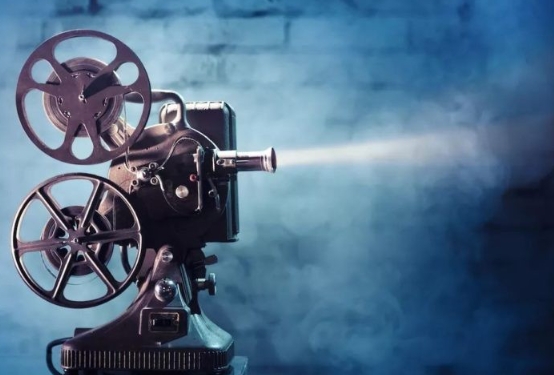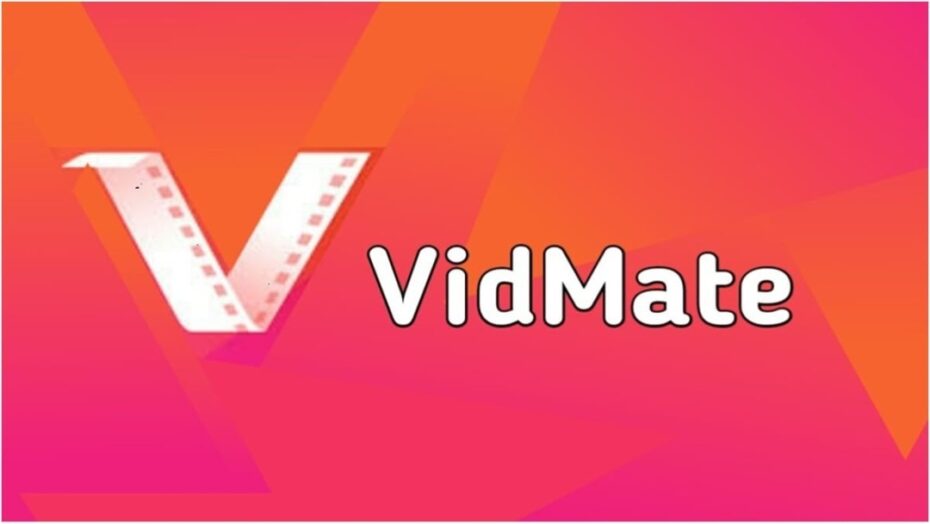In the ever-evolving world of filmmaking, technological advancements have consistently played a pivotal role in shaping the industry. From the introduction of color film to the rise of digital cameras, innovations have made filmmaking more accessible and creative. Today, one of the most groundbreaking developments is the advent of artificial intelligence (AI), which is empowering aspiring filmmakers to create movies that rival the quality of Hollywood productions. With AI’s vast potential, even those with limited resources or experience can now bring their cinematic visions to life with astonishing precision and creativity.
Filmmaking requires more than just a camera and a script—it involves various stages, from pre-production planning to post-production editing, each demanding substantial expertise and often, hefty budgets. However, with AI’s integration into filmmaking tools, aspiring filmmakers are now able to streamline many of these processes. AI’s ability to enhance storytelling, manage technical tasks, and automate complex processes has democratized the filmmaking process, making it more accessible than ever before. Whether it’s generating realistic visuals, optimizing sound, or even improving scriptwriting, AI is revolutionizing the entire production workflow.
Transforming the Creative Process with AI
AI is transforming how filmmakers approach creativity. For instance, scriptwriting has been significantly enhanced by AI technologies that can generate plot ideas, suggest dialogue, or even structure an entire screenplay based on a set of parameters. By analyzing successful films and understanding narrative structures, AI can assist writers in creating compelling stories that have a high potential for success. This opens up possibilities for novice writers to create engaging plots without requiring years of experience or formal training.
In addition, AI-driven tools can help filmmakers with character development, providing suggestions on character arcs, motivations, and traits based on successful film archetypes. AI’s ability to analyze data from millions of films allows it to predict what types of characters resonate with audiences, offering valuable insights to filmmakers. This level of guidance, previously reserved for industry veterans, is now available to emerging filmmakers eager to bring fresh perspectives to the screen.
Enhancing Cinematography and Visuals
One of the most exciting applications of AI in filmmaking is in cinematography and visual effects. AI-powered tools can analyze footage, automatically adjusting lighting, color grading, and camera angles to create visually stunning scenes that would traditionally require a skilled crew. For filmmakers with limited access to expensive equipment or lighting setups, AI offers a way to replicate the high-quality visuals of big-budget productions.
For instance, AI can assist in editing scenes, suggesting cuts or transitions that will improve the flow of the film. It can also help in compositing, where background and foreground elements are seamlessly blended to create complex visual environments. Aspiring filmmakers no longer need to rely solely on expensive CGI studios to create breathtaking visuals. Instead, AI-driven platforms enable them to craft professional-grade effects with just a few clicks.
Moreover, the integration of AI allows for the creation of incredibly realistic CGI characters, environments, and even entire scenes. These AI-generated elements can be incorporated into live-action shots, making the impossible possible on screen. With the help of AI, filmmakers can now create fantasy worlds, alien creatures, and grand spectacles that were once confined to the imagination of the most seasoned professionals.
AI-Powered Tools for Filmmakers
The rise of AI technology has led to the creation of user-friendly platforms that help filmmakers execute their ideas with minimal technical knowledge. One such tool is an AI movie maker that simplifies the film production process. This type of software leverages AI algorithms to handle tasks like scene creation, character animation, and video editing, all while ensuring that the final product meets industry standards. Whether you’re looking to create a short film or a feature-length project, these platforms provide aspiring filmmakers with the power to create polished movies quickly and easily.
AI-driven tools also help filmmakers save time by automating routine tasks such as editing raw footage, stabilizing shaky camera work, and even enhancing audio. This frees up more time for the creative aspects of filmmaking, allowing filmmakers to focus on their vision rather than spending hours on tedious technical work. Additionally, many of these platforms offer collaborative features, making it easy for filmmakers to work together, no matter where they are in the world.
For those looking to create videos on the go, there’s also a free AI video generator app that allows filmmakers to generate professional-grade videos right from their mobile devices. This app uses AI to analyze user input, including images, text, and video clips, to generate fully edited videos within minutes. Whether you’re creating a social media video, a teaser trailer, or a documentary, this app provides aspiring filmmakers with an intuitive tool that simplifies the video creation process without compromising on quality.
AI in Post-Production: Editing and Sound
AI’s role doesn’t stop at the creation stage—it’s also making waves in post-production. AI-based editing tools can analyze footage and automatically select the best shots, sync sound, and apply effects to make the film visually and audibly cohesive. These tools are especially valuable for filmmakers with limited editing expertise, as they remove much of the guesswork involved in creating a polished final product.
Furthermore, AI is revolutionizing sound design and mixing. AI can automatically clean up audio, remove background noise, and enhance dialogue, making it easier for filmmakers to produce high-quality soundtracks without the need for an expensive sound studio. Additionally, AI-powered music generators can create original scores that match the tone and emotion of the film, further elevating the cinematic experience.
The Future of Filmmaking: AI and Beyond
As AI technology continues to evolve, the possibilities for aspiring filmmakers will only expand. With the ability to automate and optimize nearly every aspect of filmmaking, from scriptwriting and cinematography to post-production and distribution, aspiring filmmakers are now empowered to create movies that rival those produced by major studios. Whether you are working on your first film or looking to push the boundaries of storytelling, AI provides the tools necessary to bring your vision to life in ways that were once unimaginable.
As we move forward, we can expect even more groundbreaking developments in AI for filmmaking, with new tools and capabilities emerging regularly. From improving the creative process to streamlining production workflows, AI is undeniably shaping the future of cinema. It is an exciting time to be an aspiring filmmaker, as AI provides unprecedented opportunities to explore and innovate within the world of film.
Conclusion
The film industry has always been a hub of creativity, but thanks to the rise of AI, aspiring filmmakers now have the tools they need to create Hollywood-quality films on a fraction of the budget. With its ability to enhance creativity, streamline production, and optimize post-production, AI is truly revolutionizing the way films are made. For aspiring filmmakers, the future is bright, and AI is at the forefront of this cinematic revolution.





